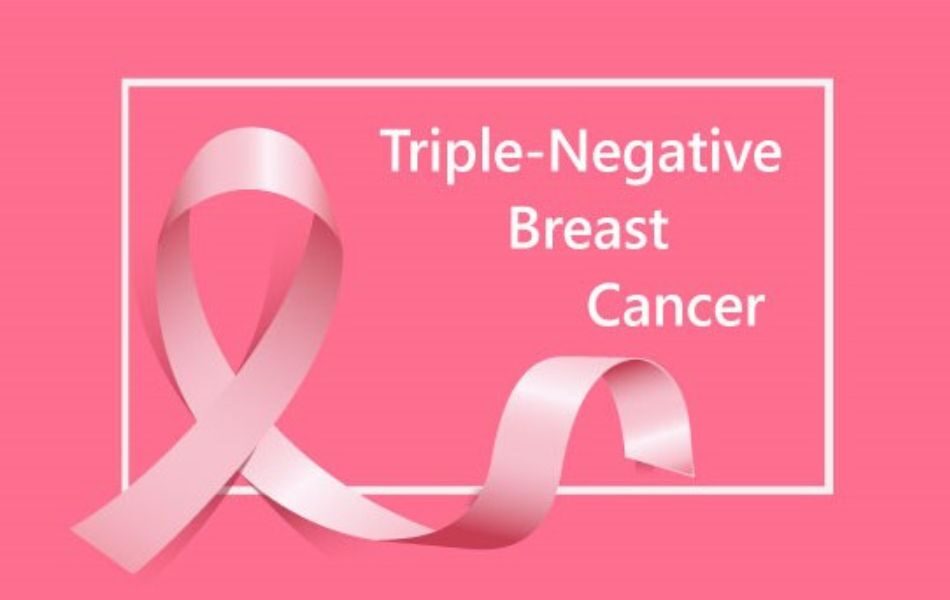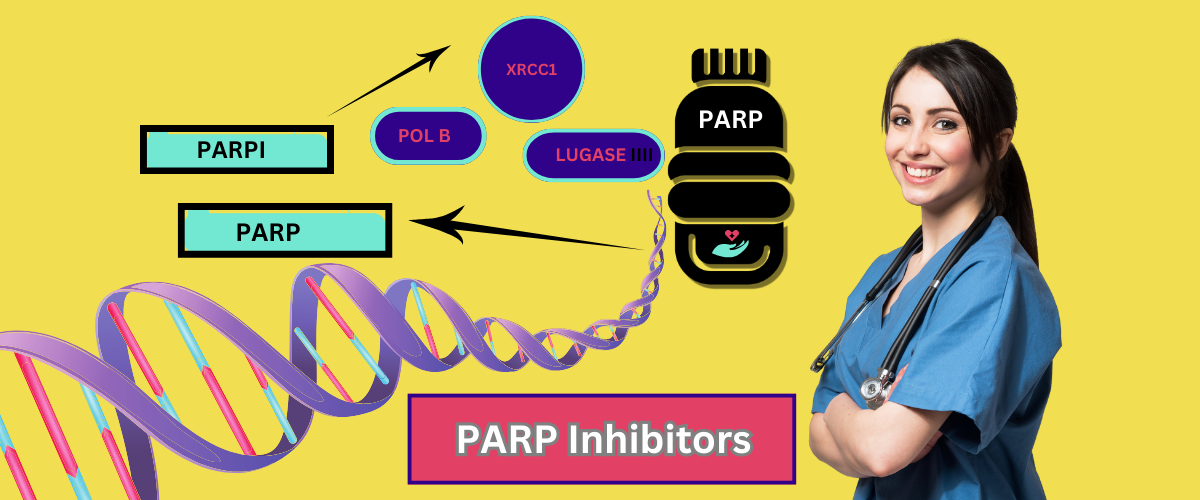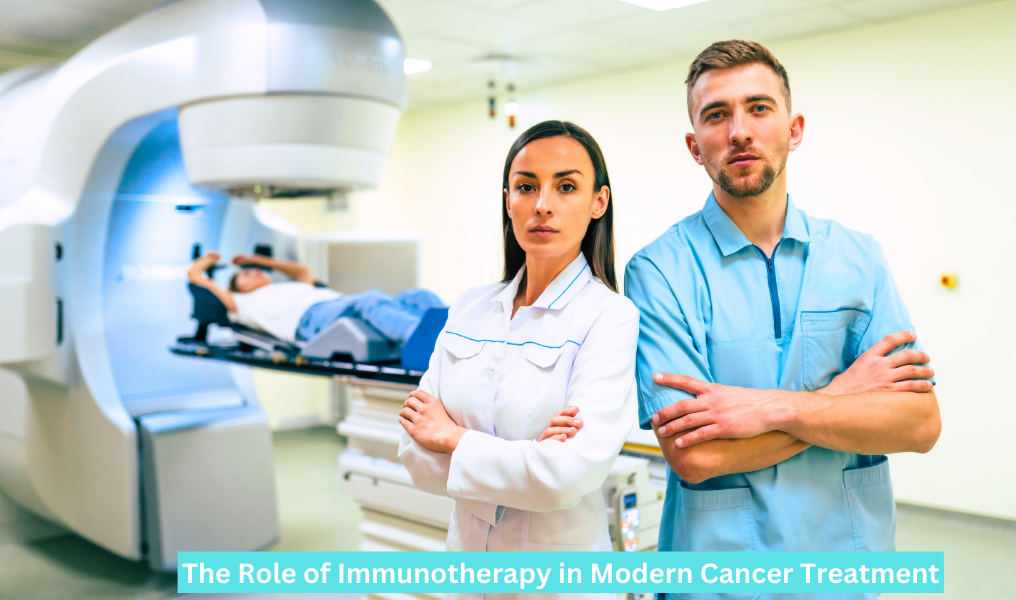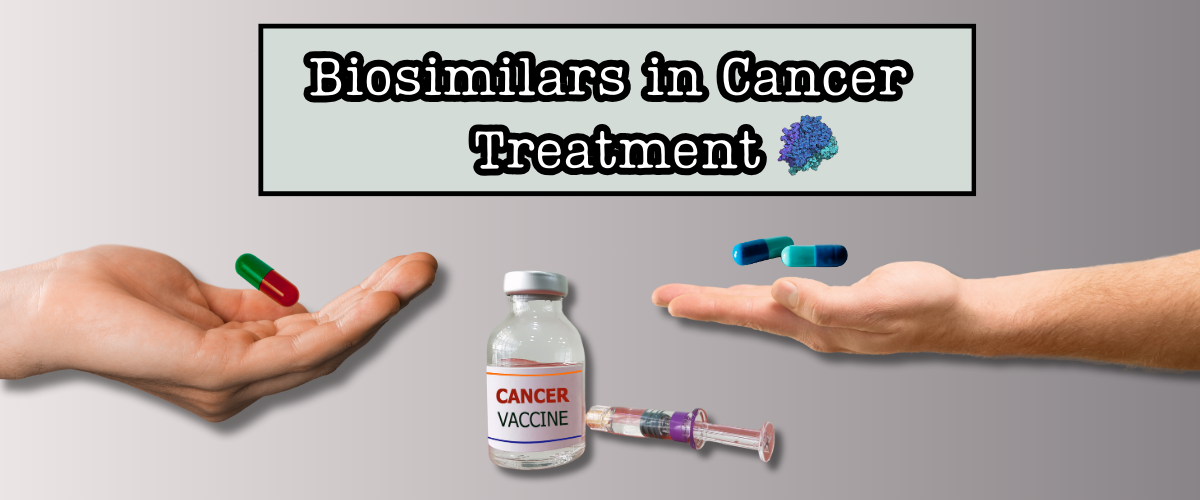BLOG
Monoclonal Antibodies in Cancer Therapy: A Game-Changer in Modern Medicine
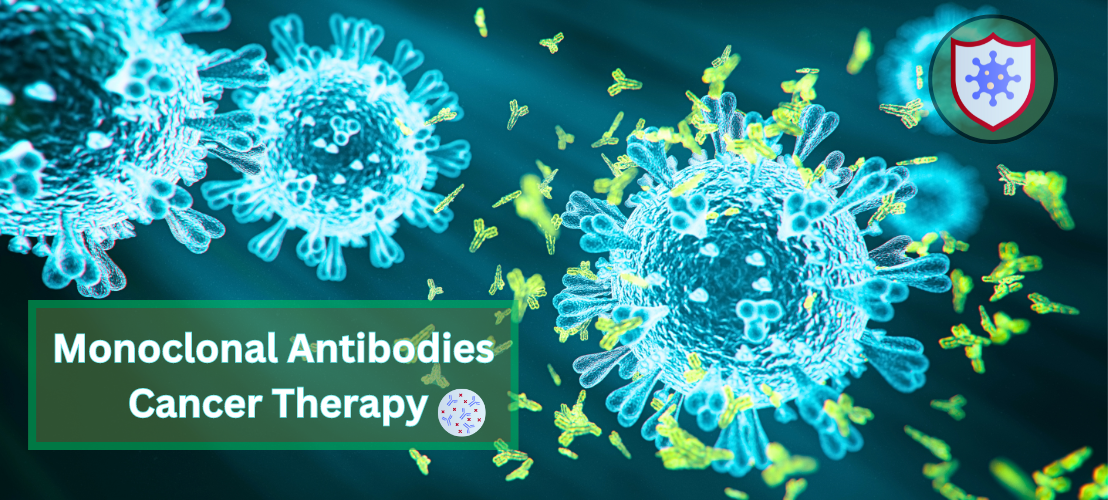
In the ever-evolving field of cancer treatment, monoclonal antibodies have emerged as one of the most promising and innovative therapies. These targeted treatments have revolutionized the way we approach cancer care, offering new hope to patients who previously had limited options. This blog will explore what monoclonal antibodies are, how they work in cancer therapy, and their impact on the future of oncology.
What Are Monoclonal Antibodies?
Monoclonal antibodies are laboratory-made molecules engineered to mimic the immune system's ability to fight off harmful pathogens like viruses and bacteria. However, in the context of cancer therapy, these antibodies are specifically designed to target and bind to cancer cells.
The process of creating monoclonal antibodies begins by identifying a suitable antigen—usually a protein found on the surface of cancer cells. Scientists then produce antibodies that are tailored to recognize and attach to this antigen. Since monoclonal antibodies are cloned from a single immune cell, they are all identical, ensuring precise targeting of cancer cells.
How Do Monoclonal Antibodies Work in Cancer Therapy?
Monoclonal antibodies can fight cancer in several ways, making them a versatile tool in the oncologist's arsenal. Here's how they work:
Direct Targeting of Cancer Cells: Monoclonal antibodies can be designed to bind to specific antigens present on the surface of cancer cells. Once attached, they can either block signals that promote cancer growth or directly kill the cancer cells by marking them for destruction by the immune system.
Immune System Activation: Some monoclonal antibodies work by stimulating the body's immune system to attack cancer cells. By binding to cancer cells, these antibodies can recruit immune cells, like T-cells, to the site of the tumor, enhancing the body's natural ability to fight the cancer.
Blocking Blood Supply to Tumors: Certain monoclonal antibodies, known as angiogenesis inhibitors, can prevent the formation of new blood vessels that tumors need to grow. By starving the tumor of its blood supply, these therapies can effectively shrink the tumor and slow its progression.
Delivering Radiation or Chemotherapy: Monoclonal antibodies can also be used as delivery vehicles for radiation or chemotherapy drugs. These antibodies can be linked to a radioactive particle or a toxic drug, allowing for precise delivery of treatment directly to the cancer cells, minimizing damage to healthy tissue.
Types of Monoclonal Antibodies in Cancer Therapy
There are several types of monoclonal antibodies used in cancer treatment, each with a unique mechanism of action:
Naked Monoclonal Antibodies: These are the most common type and work without any attached drugs or radioactive substances. They act by directly binding to cancer cells and flagging them for destruction by the immune system. Examples include Rituximab (used in certain types of lymphoma) and Trastuzumab (used in HER2-positive breast cancer).
Conjugated Monoclonal Antibodies: These antibodies are attached to a chemotherapy drug or a radioactive particle. Once the antibody binds to the cancer cell, the drug or radiation is delivered directly to the target, reducing the impact on healthy cells. Examples include Brentuximab vedotin (used in Hodgkin lymphoma) and Ado-trastuzumab emtansine (used in HER2-positive breast cancer).
Bispecific Monoclonal Antibodies: These are designed to bind to two different antigens simultaneously. For example, one part of the antibody might bind to a cancer cell, while the other part binds to an immune cell, bringing them together and facilitating the immune attack on the cancer. An example is Blinatumomab, used in certain types of leukemia.
The Benefits of Monoclonal Antibodies in Cancer Treatment
Monoclonal antibodies have brought several significant benefits to cancer treatment:
Precision Medicine: Monoclonal antibodies are a prime example of precision medicine, where treatments are tailored to the specific characteristics of a patient's cancer. This targeted approach increases the effectiveness of the therapy while reducing side effects.
Fewer Side Effects: Traditional cancer treatments like chemotherapy and radiation often come with severe side effects because they target both cancerous and healthy cells. Monoclonal antibodies, on the other hand, are designed to specifically target cancer cells, leading to fewer and less severe side effects.
Combination Therapy: Monoclonal antibodies can be used in combination with other treatments, such as chemotherapy, radiation, or immunotherapy. This multi-faceted approach can improve treatment outcomes and help overcome resistance to single therapies.
Improved Survival Rates: For many types of cancer, monoclonal antibodies have been shown to improve survival rates and increase the likelihood of remission. Patients who might not have responded to other treatments often find new hope with these targeted therapies.
Challenges and Future Directions
While monoclonal antibodies represent a major advancement in cancer treatment, they are not without challenges. One of the primary concerns is cost, as these therapies can be expensive to produce and administer. Additionally, not all patients respond to monoclonal antibody therapy, and there can be issues with resistance or relapse.
Researchers are actively working to address these challenges by developing new types of monoclonal antibodies, improving delivery methods, and finding ways to reduce costs. The future of monoclonal antibodies in cancer therapy is bright, with ongoing clinical trials and new approvals expanding the potential applications of these treatments.
Conclusion
Monoclonal antibodies have transformed the landscape of cancer therapy, offering a highly targeted and effective treatment option for many patients. As research continues to advance, these therapies are expected to play an even more significant role in the fight against cancer. With the potential to improve outcomes, reduce side effects, and provide new hope to patients, monoclonal antibodies are truly a game-changer in modern medicine.
FAQ
1. What are monoclonal antibodies?
Monoclonal antibodies are lab-engineered molecules that mimic the immune system's ability to fight off harmful cells like cancer. They are designed to specifically target and bind to antigens on cancer cells, marking them for destruction or directly interfering with their growth.
2. How do monoclonal antibodies work in cancer treatment?
Monoclonal antibodies work in several ways:
- Targeting cancer cells: They bind to specific antigens on cancer cells, flagging them for destruction by the immune system.
- Blocking growth signals: They can block signals that allow cancer cells to grow.
- Delivering toxic agents: Some are attached to chemotherapy drugs or radioactive particles, delivering these agents directly to cancer cells.
- Blocking blood supply: Certain antibodies can prevent the formation of blood vessels that tumors need to grow.
3. Are there different types of monoclonal antibodies used in cancer therapy?
Yes, there are several types:
- Naked monoclonal antibodies: These are not attached to any other drug or radioactive substance. They work by themselves, directly targeting cancer cells.
- Conjugated monoclonal antibodies: These are linked to a chemotherapy drug or radioactive particle, delivering treatment directly to the cancer cells.
- Bispecific monoclonal antibodies: These are designed to bind to two different targets, such as a cancer cell and an immune cell, to bring them together and enhance the immune response.
4. What types of cancer can be treated with monoclonal antibodies?
Monoclonal antibodies are used to treat various types of cancer, including breast cancer, lymphoma, leukemia, colorectal cancer, lung cancer, and melanoma, among others. The specific use depends on the cancer type and the presence of suitable antigens on the cancer cells.
5. What are the benefits of using monoclonal antibodies in cancer
treatment? Monoclonal antibodies offer several benefits:
- Precision targeting: They specifically target cancer cells, reducing damage to healthy cells.
- Fewer side effects: Because they are targeted, they often have fewer side effects compared to traditional chemotherapy.
- Combination potential: They can be used in combination with other therapies to enhance effectiveness.
- Improved survival rates: For many cancers, monoclonal antibodies have improved survival rates and remission chances.
6. What are the potential side effects of monoclonal antibody therapy?
Side effects vary depending on the specific antibody and patient, but common side effects include:
- Infusion reactions (fever, chills, rash)
- Fatigue
- Nausea
- Low blood cell counts
- Diarrhea
- Skin rashes More severe side effects can include allergic reactions or effects on the heart and lungs, but these are less common.
7. How are monoclonal antibodies administered?
Monoclonal antibodies are typically administered via intravenous (IV) infusion in a hospital or clinic setting. The frequency and duration of treatment depend on the specific cancer type and the antibody being used.
8. Can monoclonal antibodies be used with other cancer treatments?
Yes, monoclonal antibodies are often used in combination with other treatments such as chemotherapy, radiation therapy, or other targeted therapies. This approach can enhance the overall effectiveness of treatment and help overcome resistance to single therapies.
9. Are monoclonal antibodies effective for all cancer patients?
Not all patients will respond to monoclonal antibody therapy. The effectiveness depends on factors such as the type of cancer, the presence of specific antigens on the cancer cells, and the patient's overall health. Some patients may also develop resistance to these therapies over time.
10. What is the future of monoclonal antibodies in cancer therapy?
The future of monoclonal antibodies in cancer therapy looks promising, with ongoing research aimed at developing new types, improving delivery methods, and reducing costs. Advances in biotechnology may lead to even more effective and personalized treatments, potentially making monoclonal antibodies a standard part of cancer care in the future.
-
 Asviia Injection
Asviia Injection
₹22,401.00Original price was: ₹22,401.00.₹16,100.00Current price is: ₹16,100.00. -
 Bdpazo 400mg Tablet
Bdpazo 400mg Tablet
₹3,510.00Original price was: ₹3,510.00.₹2,850.00Current price is: ₹2,850.00. -
 Bevacirel 400mg Injection
Bevacirel 400mg Injection
₹56,889.56Original price was: ₹56,889.56.₹12,500.00Current price is: ₹12,500.00.
5 Home Remedies for Fungal Infections: Natural Solutions for Healthy Skin
-
Posted by
admin
- 0 comments
What Is Triple Negative Breast Cancer?
-
Posted by
admin
- 0 comments
Medication Adherence in Cancer: Why It Matters and How to Improve It
-
Posted by
admin
- 0 comments
Exploring the Use of CBD and Medical Marijuana in Cancer Treatment
-
Posted by
admin
- 0 comments
PARP Inhibitors: A Breakthrough in Cancer Treatment
-
Posted by
admin
- 0 comments
The Role of Immunotherapy in Modern Cancer Treatment
-
Posted by
admin
- 0 comments
The Connection Between Obesity and Cancer
-
Posted by
admin
- 0 comments
The Cost of Chemotherapy in Pune: A Comprehensive Guide
-
Posted by
admin
- 0 comments
How Personalized Medicine is Revolutionizing Cancer Care
-
Posted by
admin
- 0 comments
Understanding Biosimilars in Cancer Treatment
-
Posted by
admin
- 0 comments
5 Things To Know About Colorectal Cancer Screening
-
Posted by
admin
- 0 comments
Leukemia: Symptoms, Signs, Causes, Types, & Treatment
-
Posted by
admin
- 0 comments



